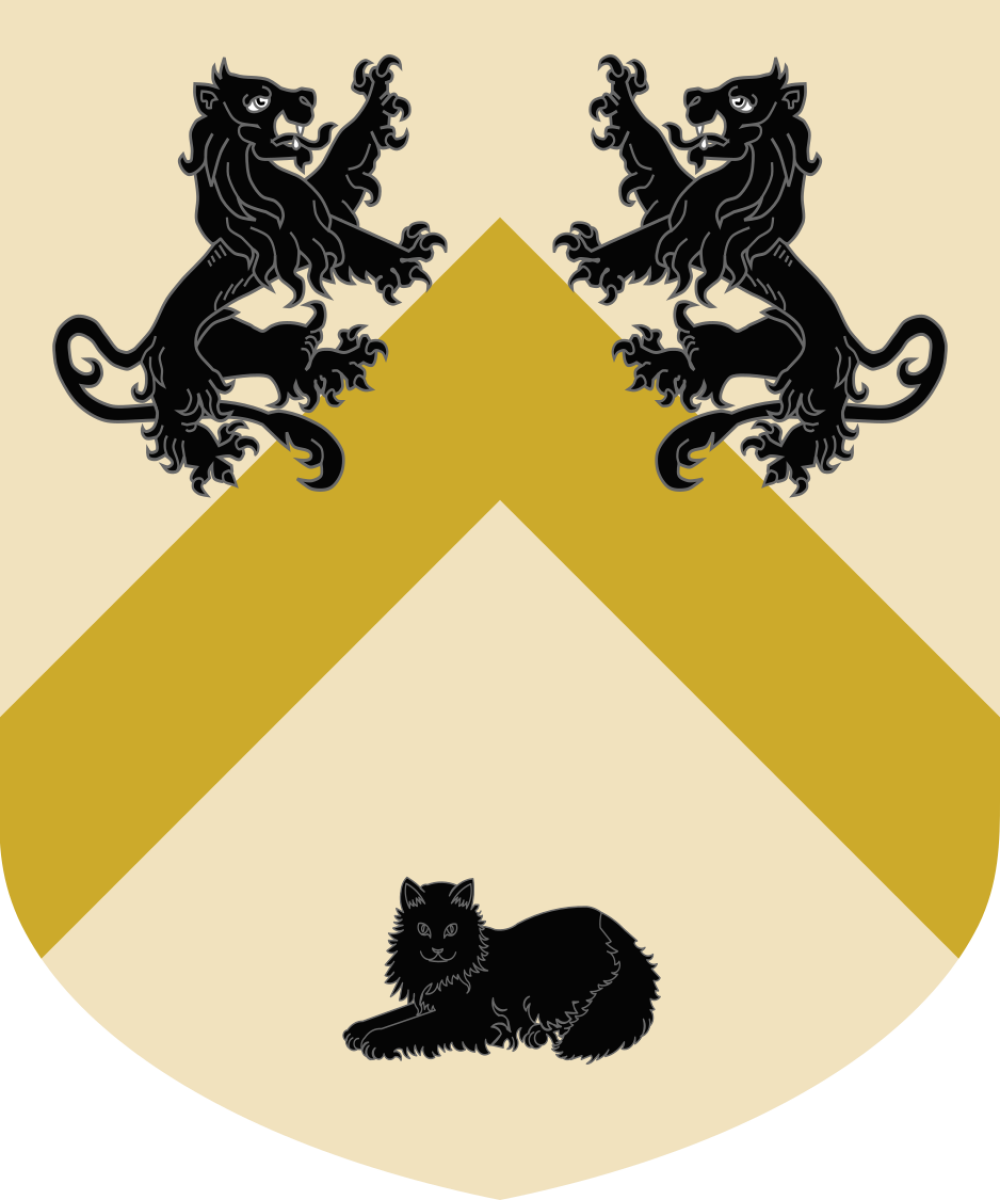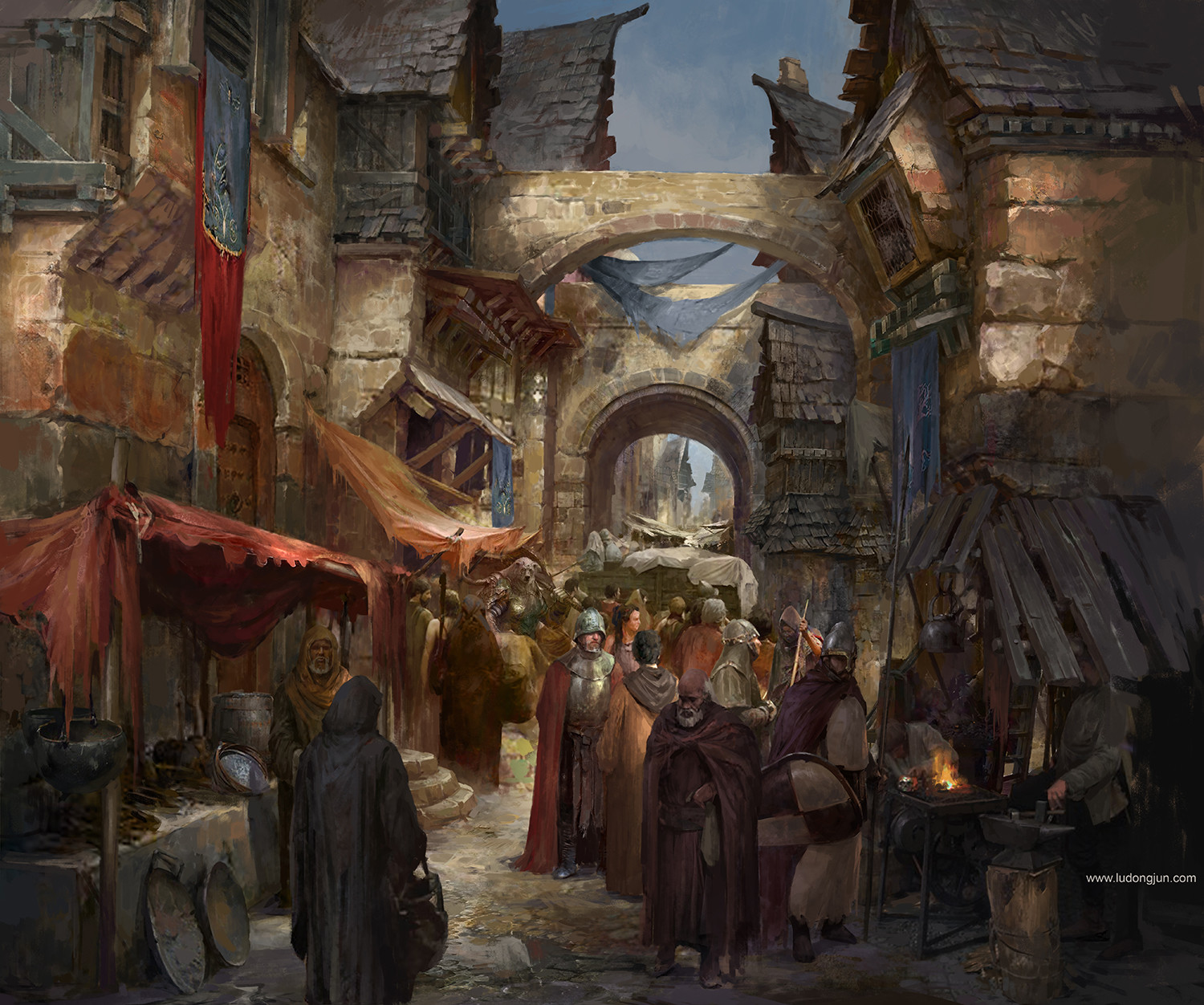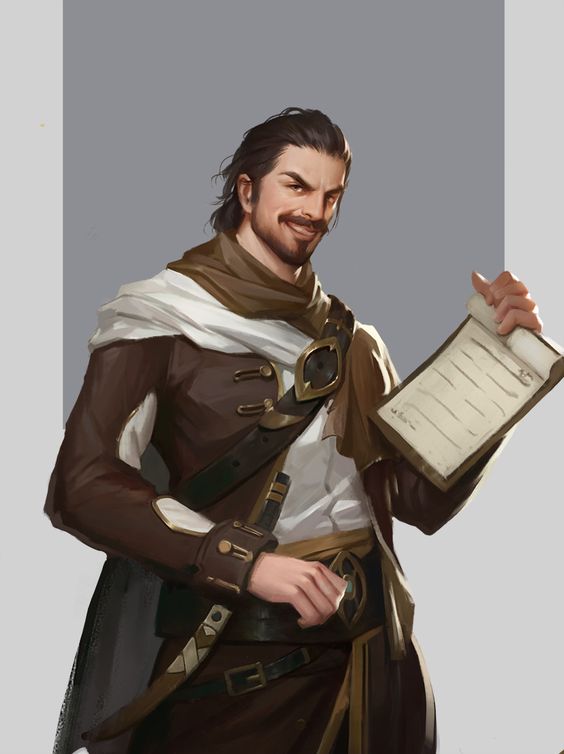Duneharbour
Duneharbour is considered to be the largest trading hub on Aldevaria, far more wondrous than even the cities of Bemedia and Selvirasi. Straddling the mouth of the Forgotten Sands as it drains the mainland into the desolate lands of the Kaer'Ist, nearly all trade that concerns Dwarves and the Kingdom happens here. It is a place of great wealth and great opportunity.
Duneharbour is vast; a bright spot in an otherwise forlorn and wretched landscape. The people of the city are descended by the tribe of the Khuzayds, who drove the Kear'Ist and the Ferals off their lands and made the arid land their new found home. In fact, the people of Wallburg are of Alwaride stock while the city itself is purely Khuzayds in origin. The city itself rises from the desolate desert that typifies the Forgotten Sands.
With the regular sand storms, steep cliffs, and the strange breed of peasants that make their living trawling the bright sands of the countryside, reaching the grand city can sometimes be a feat in and of itself. A visitor to Duneharbour can quickly be overwhelmed by the sheer size of this metropolis, with its innumerable districts, dark alleys, and labyrinthine streets. So large is the city that many of its denizens rarely venture beyond their own districts, and can only speculate about what happens on the other side of the city.
Demographics
Newcomers to the Forgotten Sands and Duneharbour often have a skewed view of its people. This is especially true of capitolians. The easiest mistake to make is to assume that citizens of Duneharbour and Sandrunners are the same. Given that the census of 1606 AD counted 198,000 heads of households in Marienburg and just 20,000 in all the rest of the Wasteland, it's an understandable thing to do. Sandrunners, though, tend to be more conservative and less open to strangers than their city cousins, who, of course, are open to anyone and anything that brings a profit.
Popular stereotypes in the Kingdom picture the typical citizen as a sharp-witted con man, one who could sell snow to a Fjordwalker or get a Dwarf to buy his own Ale. Duneharbour documents are said to be nine-tenths fine print, no contract is written without an escape clause, and every handshake hides fingers crossed behind the citizen's back. You might as well sign over your goods lock, stock and barrel right now, since you'll never get the better of a a Harbourian in a deal. Like any stereotype, it's an exaggeration, albeit one encouraged by Harbourians themselves, since a reputation for sharpness gives a welcome edge in a deal.
Still, Duneharbour lives for and by trade, and the desire to get ahead makes wheeler dealers of almost everyone. Naturally, a Harbourian - and a Sandrunner, to a lesser degree sees this differently. They look out for themselves, and expect others to do the same. It's just hard-headed, practical business: if you don't grab the gold ring first, someone else will. Maybe it comes from the poor nature of the land around them: living in such a barren place, Harbourians had to learn to trade to get any of the good things in life. After a while, it became a habit. With this in mind, it's no surprise that they are an active people, always on the move. There's always a new deal waiting to be made. Their neighbours in the Kingdom and Dwarven Principalities say, only half-jokingly, that the Harbourian is always moving about because he's trying to avoid the last chump he swindled. Still, they treat the stuffy buffoons of Dwarves and the angst-laden, dark-garbed grandees of the Kingdom with amused tolerance, they know who's going to come out on top when the real business starts.
Government
Duneharbour is so different from the rest of the Kingdom in its culture that it is unsurprising its government is different as well.
Harbourians are proud to say that they make their own laws, and see themselves and their city as shining examples of how good things can be. "Let each man have his say, let each tend to his own business, and it'll be clear sailing for all", according to a proverb. That's how the visitors' bureau says it's supposed to work, at least. The truth, as always, is somewhere else, and it's far darker than even the populace fail to realise. While Harbourians enjoy more social mobility than their Royal cousins, the city is dominated by a clique of the wealthiest of the wealthy, governing from the smoke-filled lounges of the Export-Import Exchange with no more regard for the common man than a kennel owner has for his dogs. While a haughty matriarch sips cold Dwarf beer and stuffs herself with Levenian caviar, families starve in tiny rooms. And in between are all the factions, people who've gathered together to protect people like themselves from people who aren't, all aiming to climb another step up the ladder towards riches of social classes.
City Baliya
The City Baliya is the building occupied by the two houses of the parliament, in the Palace district. The upper house is the Vebaliya, a sleepy body comprising all the priests of the recognized cults, the deans of the institutions and the few of the old nobility that remain. The Albaliya presides over it on the rare occasions that it meets. The lower house is the Khabaliya, a rowdy chamber in which are represented all the city's guilds and baliyamen elected by the householders of the city's wards and the major towns. It meets more frequently, and its sessions are marked by sharp debates and even fist-fights. The Khabaliya's leader is Mouth Eothor Al-damen, a firebrand demagogue especially popular with the working classes.
A skilled political manoeuvrer, he is adept at manipulating the various factions to get what he wants. Though it has the authority to pass laws, conduct investigations and set policy, the City Baliya is really just a glorified debating society whose true role is to approve decisions already made by the Mediriya. Many of its law-making powers have been passed to the guilds, who make regulations concerning their own trades. Even when it issues formal "instructions" to the Albayila and the Elder Seyers, the crucial decisions have already been made behind the scenes by the leaders of the city's many factions. The Clerk of the City Baliya, Deon Mereno, acts as the informal conduit for instructions between the Seyers and the two houses of the parliament, and once a law reaches the floor of the Khabaliya, Eothor deftly makes sure that, while the debate flows freely, the votes follow their destined course. Clandestine gifts from the Seyers make him quite happy to do that. The Vebaliya meets mostly when called by the Albaliya to veto some objectionable measure that has slipped past the Mouth's best efforts.
Mediriya
The Mediriya is the Executive Council of the Baliya, which meets in weekly sessions to make the major decisions affecting the Duchy's affairs. Its meetings in the Palace in the Palace Distrcit are open to any citizen of Duneharbour and its debates are a matter of public record. Decisions are made by a majority vote, with the Seyer voting in case of a tie. Its membership consists of the High Priests of Aarus, Kuelia, Odall and Edar, the Rector of the Duneharbour Institute of Meteorology and the heads of the ten wealthiest Merchant Houses. Its public image is of Duneharbour's finest citizens working mightily in a dangerous world for the best interests of all the Offenian people.
Like the Baliya, this carefully crafted tableau hides the realities of power. While the seats held by the priests and the university are permanent, the ten chairs held by the merchant houses are supposedly open to any member of the Khabaliya, rich or poor. Since the time of Ulferth, though, these seats have been reserved in all but name for the merchant houses. By informal agreement, the heads of the ten wealthiest families win the election at the start of each two-year term, their liberal patronage ensuring that they have the necessary votes. The only way to lose one's seat among the Ten, short of treason or murdering one's granny in public, is to suffer such a reversal in the family's fortunes that one's house is no longer among the richest. Predictably, there is stiff competition among the almost-wealthy enough merchants to make that final leap to the top.
Most of the time, this is done by means of (relatively) honest business competition, but impatient or less scrupulous houses may use nastier methods to sabotage the business of a Director who seems vulnerable. The Directorate achieves its amazing unity because it reaches its decisions through back-room deals. Those in the know refer to the Boardroom, the private meeting room of the Figures of the Export-Import Exchange, as the genuine centre of power in Duneharbour. It's no coincidence that its membership comprises most of the Mediriya. Here, and in the opulent drawing rooms of the wealthiest of the wealthy, is Duneharbour's real government.
Ducal Elector
As a concession to the sensitivities of the Kingdom's noble houses, incensed at having mere shopkeepers put in charge of the Kingdom's wealthiest province, the Merchant Houses of Duneharbour agreed to have one of the Directorate elected Duke or Duchess. The Duke or Duchess is chosen from among the Mediriya, and has always come from the heads of the Great Families.
He or she is the commander of the regional military, giving authority over the City and Desert Watches, the Excise Service, the city's mercenaries and its militia. But these commands are usually in name only, their daily affairs being run by various commissioners, captains and commandants. He can even, in times of emergency, commandeer the private militias of the city's merchant houses and temples, though this hasn't been done since the last Kaer'Ist Death March. He is also a priest of Kuelia and Odall, though the titles are strictly honorary.
In one way, though, the Ducal Elector has real power, power that a ruthless man or woman could use to become supreme on the Mediriya, and thus in Duneharbour. In a side room accessed only through his office sits his permanent secretary, officially known as the Steward of the Palace. He is actually the head of Duneharbour's intelligence service, the Dust Walkers. Quiet and unassuming in public, few outside the Mediriya know his real job: to gather information and take covert action against all internal and external threats to Duneharbour's position. He maintains an extensive network of spies and informants throughout the Old Continent and Duneharbour itself; even, it's said, in the mansions of the Mediriya. He makes daily reports to the Ducal Elector. In a city of secret deals, information is worth more than gold.
Merchant Families
Long before the Incursions of the Kaer'Ist, merchants, traders and guidlmen had become Duneharbours real rulers. Over time they accumulated more and more influence: first the counts were so in their debt that they could do little without prior approval, then they convinced the Ducal Elector to place them in charge, and finally they told the Ducal Elector to "kiss Primus". By the time of Harold I, the greatest among them had come to be known as the Merchant Families, or simply the Few. One criterion alone determines the membership in this exclusive club: wealth.
Whilst Duneharbour sports dozens, perhaps hundreds, of mercantile concerns, only the richest gain the coveted seat on the Mediriya and admittance to the boardroom of Treasury. There is no fixed measure for this - it simply comes to the notice of the Seyers and other savvy observers that, while one Family is in serious decline, another is on the rise, perhaps even helping the fall of the former. This is permissible as long as it is not too obvious or violent. When the challenger has demonstrated sufficient will, business acumen and a willingness to play by the rules of the game, the next election in the Khabaliya sees the fading Family defeated and the newcomer in its place, perhaps taking the loser's mansion, overseas interests and even their household militia.
A place among the Few does not mean that all is peace and harmony among the elite. Each has its own interests, and the competition for even more wealth and power is fierce, sometimes violent. While recognizing the need for peace and stability in Duneharbour, the Families use spies to ferret out each other's secrets, hire criminals for occasional acts of sabotage and burglary, and even, it is said, send bandits and wreckers against each other's caravans. Assassinations are not unknown, though such extreme measures are usually limited to blows against lesser retainers - Seyers are reluctant to send killers after one another, for fear of the vendettas that make Human politics such chaos. But one should not assume the Merchant Families are in a state of war with each other: far from it.
While individuals and even Families may come and go, their instincts as a body remain true. They are businessmen, and it is because of their ability to see mutual need and make a deal that they retain their hold on power. With marriages among their peers and generous patronage for those loyal to them, they have built a web of relationships and obligations that gives many in Harbourian interest in keeping things just the way they are. And while the other Seyers, lesser merchants, powerful labour guilds and even the Dwarfs demand their share of the prize, the Few keep their hold on the purse strings, as they have since the long-ago fateful meeting with Ulferth.
Founding Date
119 AD
Alternative Name(s)
Gatekeeper of the West
Type
Metropolis
Population
198.265
Inhabitant Demonym
Harbourian
Location under
Ruling/Owning Rank
Owning Organization
One of many streets in Duneharbour
Mouth Eothor Al-damen
Remove these ads. Join the Worldbuilders Guild












Comments